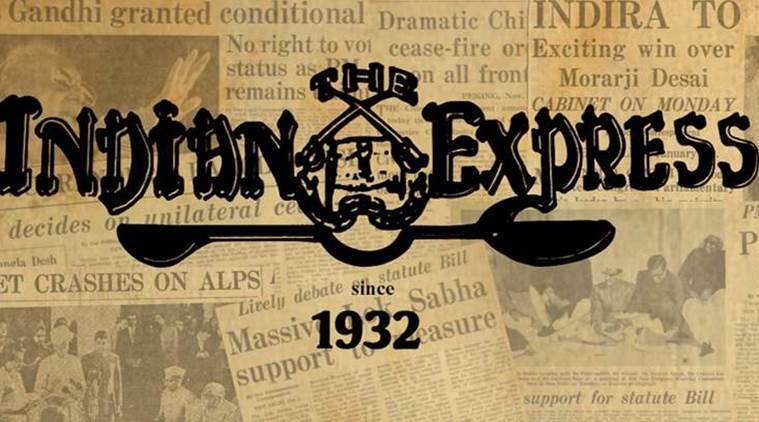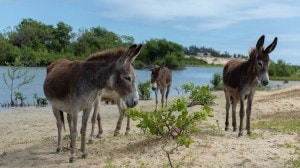- India
- International
Murder in Hapur
The government in UP must book the culprits — and break the vicious cycle of impunity.
 The phenomenon of cow-related violence first drew the nation’s attention in Dadri, September 2015.
The phenomenon of cow-related violence first drew the nation’s attention in Dadri, September 2015.
The lynching on Monday of a cattle-trader, Qasim, in the sugarcane fields of Pilakhuwa in Hapur district of Uttar Pradesh, follows a gruesome pattern. The FIR does not mention cows, and the police has described it as a killing by unidentified bike-born men provoked by a scuffle over right of way. But the accounts of village residents and families of victim and accused, as well as the video taken at the scene of the crime, point to yet another case of murder by cow vigilantes mobilised, apparently, by prejudice and rumour. If anything, the police version of events is rendered even more questionable by the callous treatment of the victim by policemen on the spot, captured in a photograph that has subsequently gone public, and for which the UP Police has been forced to formally apologise. The Hapur lynching is also a reminder: There can be no complacency on intolerance and violence in the name of the cow. Especially in a state like UP where communal polarisation has been visibly stoked in recent years and vigilantes seem emboldened by a political regime that has prioritised a crackdown on cow slaughter in a landscape teeming with crises of school and hospital, agriculture and jobs.
The phenomenon of cow-related violence first drew the nation’s attention in Dadri, September 2015, where Mohammad Akhlaq was murdered by a mob enraged by the suspicion that he had stored beef. In subsequent years, similar incidents have taken place and come to light in other states. For instance, in July 2016, Dalits in Una, Gujarat, were flogged for skinning a dead cow and in April 2017, Pehlu Khan was beaten grievously (he later succumbed to his injuries), while transporting cows on a highway in Alwar district by gau rakshaks, who accused him of being a cattle smuggler even though he and others with him produced documents to show they had bought the cows. Most of the victims are Muslims and Dalits, and the police in a majority of these cases hound and even lodge cases against the victims’ families instead of pursuing and booking the culprits. It is well known that for large swathes of Hindus, the cow is a totem, an object of veneration. There has been intolerance and even violence in the past in the name of the cow. Yet, the frequency, impunity and flagrance of such crimes today is unprecedented.
The government in Uttar Pradesh must ensure justice for Qasim — and it must be seen to do so too. It must break the cycle of impunity, set an example that will deter all such acts in the future. Else, the murder in Hapur will return to haunt, and to further scar a none-too-impressive governance record.
EXPRESS OPINION
More Explained
Apr 24: Latest News
- 01
- 02
- 03
- 04
- 05

































